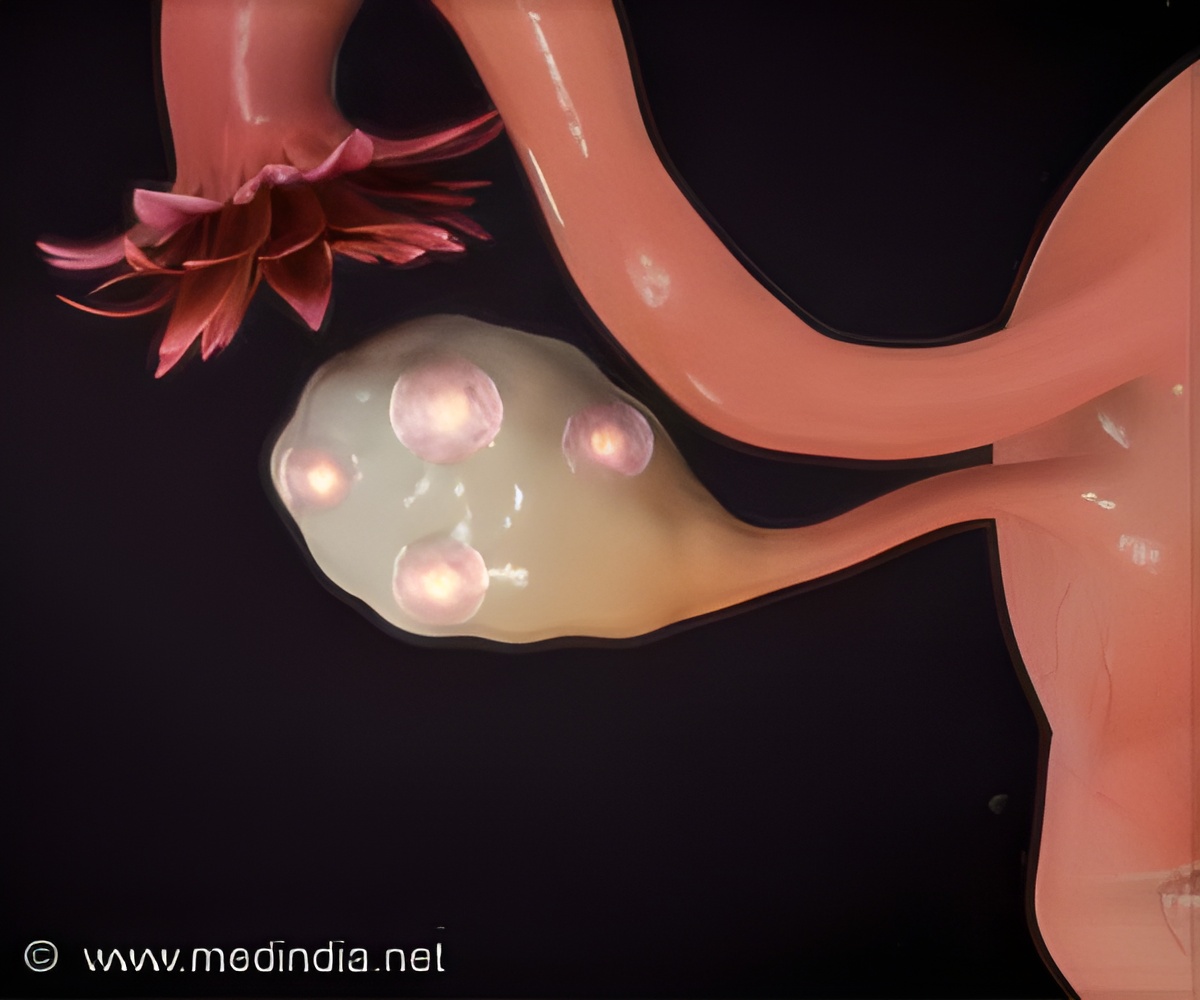HM-10/10, a drug developed from proteins used to diagnose ovarian cancer, has been effective in inhibiting tumor growth in colorectal and ovarian cancers in mice, stated new research.

‘New drug HM-10/10 holds exciting possibilities for the treatment of cancers and many other diseases. ’





the paper outlines how HM-10/10 is an artificial peptide that mimics high-density lipoprotein (HDL), the so-called “good cholesterol.” In the study, a group of lab mice that had consumed a diet that included the HM-10/10 peptide was found to have a significantly lower tumor load than mice that had not eaten the peptide. HM-10/10, Farias-Eisner says, also shows potential to treat other pro-inflammatory diseases, such as macular degeneration, heart disease, Alzheimer’s and endometriosis. Prior to publishing on its effectiveness as a cancer treatment, Farias-Eisner and his team published another paper in the International Journal of Molecular Sciences showing HM-10/10’s potential to treat retinal disease (e.g. macular degeneration).
“The reason we wanted to publish in these two areas is to demonstrate the uniqueness of the drug and its clinical applications,” Farias-Eisner says. “Now that we have these two published papers, we can move toward clinical trials.”
Farias-Eisner, who previously served as the chief of gynecologic oncology and vice chair of administration in the Department of Obstetrics and Gynecology at UCLA, along with Reddy began the research that led to the development of HM-10/10 while still at UCLA. There, the team discovered the depletion of a certain protein, ApoA-1, in ovarian cancer patients created a hospitable environment for the cancer to thrive. With this in mind, Farias-Eisner, Reddy and their team created HM-10/10 using elements of the ApoA-1 protein alongside other constituent proteins. “This is a story of taking discoveries from the research bench and serendipitously arriving at a novel drug for use at the patient’s bedside,” Farias-Eisner says.
Farias-Eisner joined Creighton in July. In addition to leading the Hereditary Cancer Center, he serves as chair in the Department of Obstetrics and Gynecology and associate dean for women’s health. In August, he was named the new holder of the Charles F. and Mary C. Heider Endowed Chair in Cancer Research.
Advertisement












